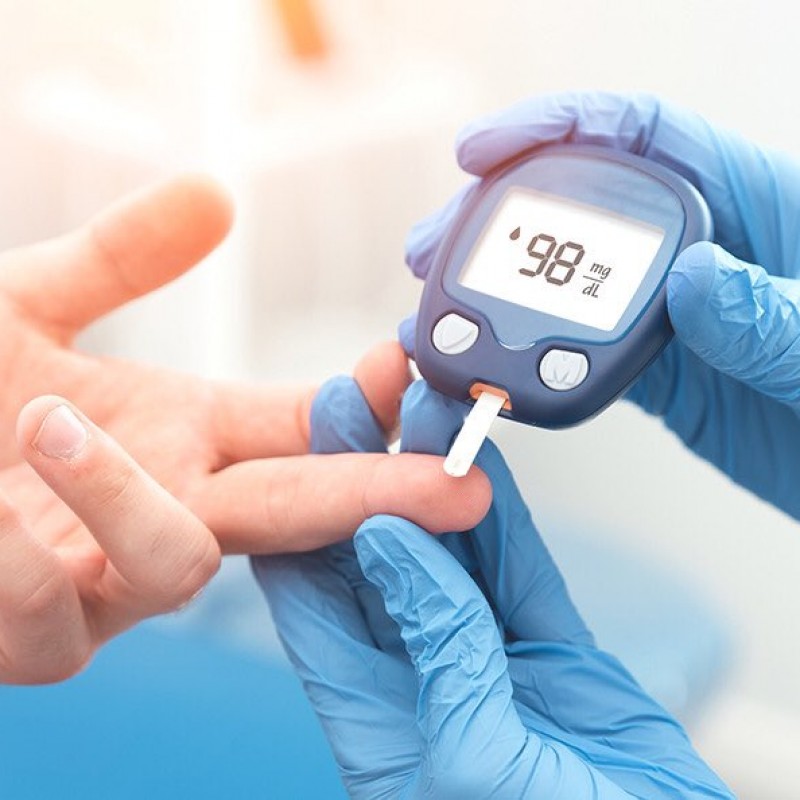Hypothyroidism results from Hashimoto's thyroiditis, a condition in which the immune system attacks the thyroid gland, the small gland at the base of the neck below the Adam's apple.
The thyroid gland is part of the body's endocrine system, which produces hormones that coordinate many of the body's functions.
Hashimoto's disease often results in an underactive thyroid gland (hypothyroidism). Hashimoto's disease is the most common cause of hypothyroidism. It primarily affects middle-aged women, but it can also occur in men and women of any age and in children.
Symptoms
You may not notice signs or symptoms of Hashimoto's disease at first, or you may notice a swelling in the front of your throat (goiter). Hashimoto's disease usually progresses slowly over the years and causes chronic damage to the thyroid gland; This leads to lower levels of thyroid hormone in the blood.
Fatigue and lethargy
Increased sensitivity to cold
constipation
Pale, dry skin
Facial swelling
Brittle nails
Hair loss
Tongue enlargement
Unexplained weight gain
Muscle aches
Joint pain
Muscle weakness
Heavy and prolonged bleeding during the menstrual cycle
Depression
Diagnosis
1. Testing of hormones produced by the thyroid gland and pituitary gland: If the thyroid gland is underactive, the level of thyroid hormone decreases. At the same time, the level of TSH rises as the pituitary gland tries to stimulate the thyroid gland to produce more thyroid hormone.
2. Antibody test
Since Hashimoto's disease is an autoimmune disorder, the cause involves the production of abnormal antibodies. A blood test may confirm the presence of antibodies to thyroid peroxidase, an enzyme found in the thyroid gland that plays an important role in thyroid hormone production.
Treatment
It usually includes daily use of the synthetic thyroid hormone levothyroxine to make up for the deficiency.
Synthetic levothyroxine is similar to thyroxine, which is the natural version of this hormone produced by the thyroid gland. Oral medication restores adequate levels of the hormone and reverses all symptoms of hypothyroidism.
Underactive thyroid disease and food
Hypothyroidism patients are advised to avoid foods containing soybeans: tofu, soybeans, soy milk, cruciferous vegetables: broccoli, kale, spinach, cabbage, some fruits: peaches, pears, strawberries, some drinks: coffee and green tea.
They can eat eggs, meat, fish, most fruits and vegetables, gluten-free grains and seeds, all dairy products and decaffeinated drinks

